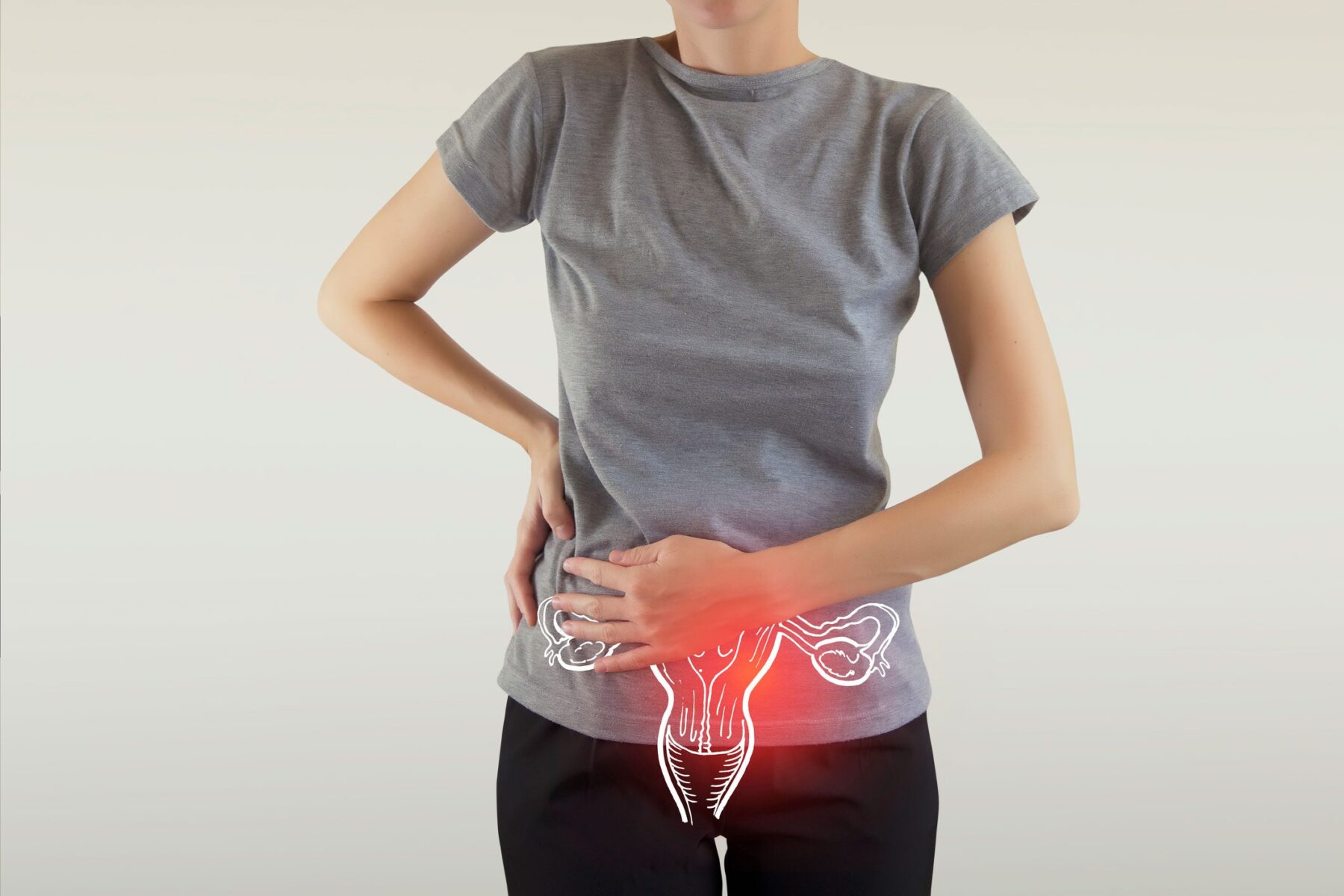Uterine fibroids are tumors that develop in the walls of the uterus. It’s a fairly common condition that affects more than 50% of women of reproductive age.
What are the Symptoms?
Some women do not experience any signs or symptoms. But for others, the symptoms are more noticeable. They may include heavy menstrual bleeding, fatigue, anemia, frequent urination, pain during sex, lower-back pain, and pressure and pain in the abdomen.
Typically, uterine fibroids are diagnosed after an imaging exam like an ultrasound, MRI, CT scan, or X-ray. These fibroids can vary in size greatly, with some as small as an apple seed and others as large as a grapefruit. Around 60% are too small to be detected during a gynecological physical exam.
Are Uterine Fibroids Cancerous?
Around 99% of the time they are benign, which means they’re not cancerous. They also won’t increase your risk of uterine cancer.
Are Some Women at Increased Risk?
Uterine fibroids are most common among women who are nearing menopause, which typically includes women in their thirties through fifties. Research also shows that women are at higher risk if they are African American, obese, eat a large amount of red meat, or have a family history of uterine fibroids. According to the U.S. Department of Health and Human Services, eating a large amount of vegetables may help protect you from developing uterine fibroids.
Is There Treatment?
Often, uterine fibroids don’t require any treatment. This is especially true if they’re not causing any symptoms or affecting your life in any way. But if uterine fibroids are affecting your quality of life or causing any health issues, you may treat them with pain medication, low-dose hormonal birth control pills, hormone therapy, or surgical removal.
Surgical removal may be an option if the fibroids are large enough to interfere with pregnancy or your ability to get pregnant. Or, if they’re causing fatigue, anemia, or other health problems. The two common methods for surgical removal are a hysterectomy (uterus removal) or a myomectomy (fibroid removal).
If you would like to meet with a knowledgeable doctor, consider contacting Women’s Health Arizona. As Arizona’s largest ObGyn group, we’re trained and solely dedicated to delivering the best ObGyn experience in convenient and comfortable settings around Phoenix.

